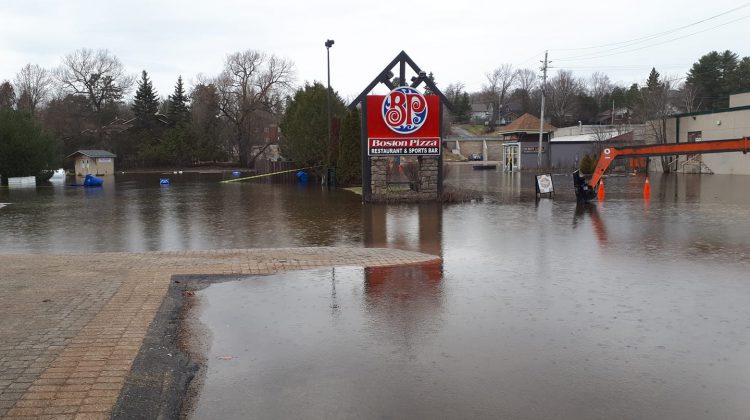An environmental sustainability seminar warns that Muskoka is already feeling the effects of climate change, and the worst is yet to come.
The seminar, “Climate Change – Is this really such a big deal for Muskoka,” was hosted over Zoom to an audience of more than 80 people yesterday. It comes as part of a larger series on sustainability by the Muskoka Steamships and Discovery Centre.
Speaking at the seminar was environmental scientist Dr. Peter Sale, Professor Emeritus at the University of Windsor, and Dr. Richard Lammers, Research Assistant Professor at the University of New Hampshire’s Earth Systems Research Center and member of the Muskoka Watershed Council.
“The good news is that Muskoka will still be a perfectly liveable environment, but the point we’re trying to make is that it’ll be a very different liveable environment,” says Sale.
According to Lammers, temperatures for the Muskoka region in the middle of the century could average close to 30 degrees Celsius during the day and 20 degrees at night in the peak months of summer.
Furthermore, precipitation could increase by up to 15 millimetres per month, resulting in more rain and snow in every season except the summer, which is expected to get drier.
Sale says this could result in an increase in flooding, making events like the 2019 flood in Muskoka more common.
“The flood of 2019, which did significant damage in Huntsville and lots of other places is going to happen again, and there are going to be floods that make 2019 look relatively small,” says Sale.
However, Sale says there are actions that can be taken locally to curb some negative effects.
“We can do a much better job of managing water in the landscape, and by managing water in the landscape we can minimize the extent to which climate change pushes us in the direction of big, damaging, costly, life-threatening floods.”
Sale also warns of the risk that an increase in local temperature might allow disease-carrying insects to migrate to the region.
District of Muskoka Climate Change Initiatives Coordinator Kevin Boyle moderated the seminar.
He says the turnout for the event speaks for itself.
“To get, I think my count was about 85 actual participants not including panelists, on a nice spring night before we have bugs, I think that was a nice turnout to hear our speakers tonight,” Boyle says.
While things may look dire, Lammers says there’s still hope.
“The change is happening now, we’ve observed it in a number of different ways, that change will continue, and if we start doing something about it now, if we start planning now, then we can start adjusting for those changes and will be much, much better prepared.”
The seminar series will continue until the end of May.



